By Cole Lennon
Even the best economic news can be laden with caveats. Such was the state of the Labor Department’s April 7th announcement on the estimated number of job openings in the United States, as a positive headline was accompanied by sobering reminders that the recovery is not finished. The good news is that there are an estimated 5.9 million job openings in the United States, more than at any time since January 2001. The bad news is that increases in hirings continue to lag these increases in job openings, and the underlying reasons why are even more sobering still.The first explanation is one that appeals to some economists: a skill mismatch. The theory goes that a deficit of workers who are skilled enough to fill these newly open jobs is the problem, and economics journalist Danielle Kurtzleben speculates that it may hold for some occupations. The other explanation is the one that she and others are arguably more focused on: hesitancy in hiring.Articles in the Harvard Business Review and the New York Times confirm that an important impact of the Great Recession on the labor market is more cautious hiring, as employers reportedly spend more up-front financially and in hidden costs to attempt to find the perfect candidate. The companies that have not found the candidate they find to be perfect continue looking, and the general results is that companies miss out on filling their openings for longer periods of time than normal.This article puts that broader trend into focus, as hiring will then lag the amount of openings. Sometimes the fact that great economic news like this comes with warnings labels is not a bug. This time, given the economic scarring of the Great Recession, it is a feature.Sources:http://www.vox.com/2015/4/7/8363463/job-openings-have-come-back-since-the-recession-why-not-hiringhttps://hbr.org/2013/01/dont-hire-the-perfect-candidat/http://www.nytimes.com/2013/03/07/business/economy/despite-job-vacancies-employers-shy-away-from-hiring.html?pagewanted=all&_r=0


